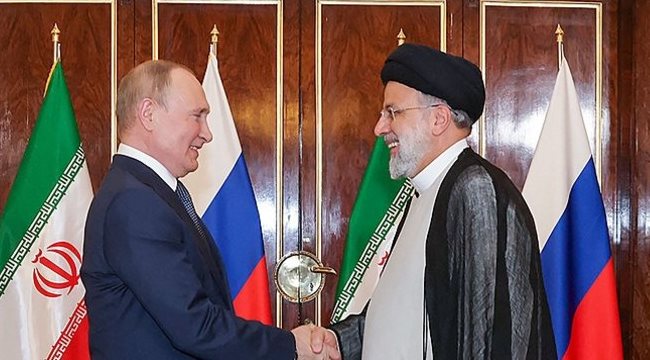Russian President Vladimir Putin recently refuted British intelligence claims accusing Moscow of seeking to sow chaos in the UK and the EU, dismissing them as baseless. This response came following allegations by Ken McCallum, head of MI5, suggesting Russia’s involvement in creating turmoil on European streets.
During a press conference at the 16th BRICS Summit in Kazan, Putin categorically dismissed the accusations, attributing the unrest in some European cities to the internal policies of those countries.
He emphasized that the economic challenges faced by the European countries were a result of their own decisions, not due to any actions by Moscow.
Putin highlighted the Western countries’ rejection of Russian energy resources as a key factor contributing to the current situation.
He pointed out the political nature of decisions like Germany’s deactivation of the Nord Stream 2 pipeline, suggesting that such actions have broader implications for economic relationships between nations.
Critique of environmental policies
The Russian leader criticized the misuse of “green” policies in some countries, leading to the shutdown of nuclear power and hydrocarbon fuel-related industries.
Putin argued that certain nations, including the US and Europe, have exploited environmental agendas for their own benefit, deflecting attention from their own shortcomings.
In discussions with Milorad Dodik, Putin expressed his belief that the accusations against Russia were a form of self-projection by Western powers.
He argued that these tactics were employed to shift blame away from their own mistakes and assert dominance in international affairs at any cost.
Despite the tensions, Vladimir Putin reiterated Russia’s commitment to peaceful cooperation and mutual respect in global affairs.
He emphasized the importance of creating new avenues for collaboration based on equality and respect, as demonstrated within the BRICS summit—a coalition representing a significant portion of the world’s population and economic power.
Upholding diplomacy: Russia’s strategic approach
Putin’s stance on the accusations reflects a broader diplomatic strategy aimed at maintaining Russia’s position on the global stage. By addressing the allegations with a firm yet diplomatic tone, Vladimir Putin seeks to assert Russia’s innocence while calling for a more nuanced understanding of the complex geopolitical dynamics at play.
The geopolitical tensions surrounding energy resources, such as the Nord Stream 2 pipeline, underscore the interconnected nature of international relations.
Putin’s critique of Western countries’ energy decisions sheds light on the economic repercussions that stem from geopolitical maneuvers and policy shifts.
Putin’s critique of environmental policies raises important questions about the balance between sustainable practices and economic development. By highlighting the consequences of abrupt policy changes, he prompts a reevaluation of how environmental agendas can be leveraged without compromising vital industries and economic stability.
Geopolitical power play
The back-and-forth between Russia and Western powers reveals a deeper power play at the global level, where accusations and counterclaims are part of a broader strategy to shape narratives and influence international perceptions.
Putin’s response signals a strategic move to challenge dominant narratives and present an alternative perspective on the unfolding events.
Amidst the rhetoric and tensions, Putin’s call for cooperation and respect signals a willingness to engage constructively with international partners. By emphasizing the importance of mutual respect and equality in partnerships, he sets the stage for potential diplomatic dialogues and collaborative efforts to address shared challenges and opportunities on the global stage.
Check also;
- Putin Gathers Allies To Show West Pressure Isn’t Working
- NATO Chief Says China Must Pay For Propping Up Putin’s War
Please use the button below to contribute to Newslex Point, Inc. using a credit card or via PayPal.

 Newslex Point News in Uganda, Uganda news
Newslex Point News in Uganda, Uganda news












